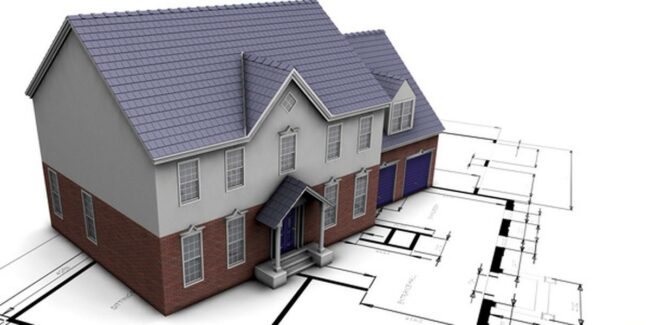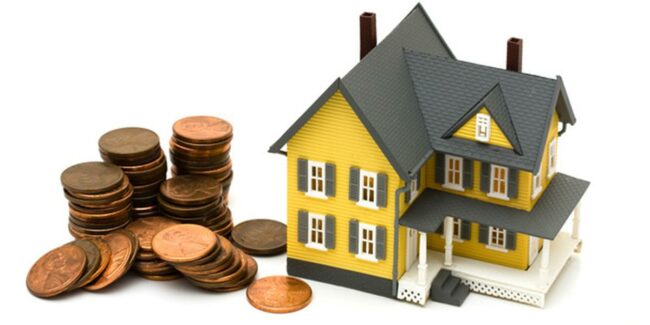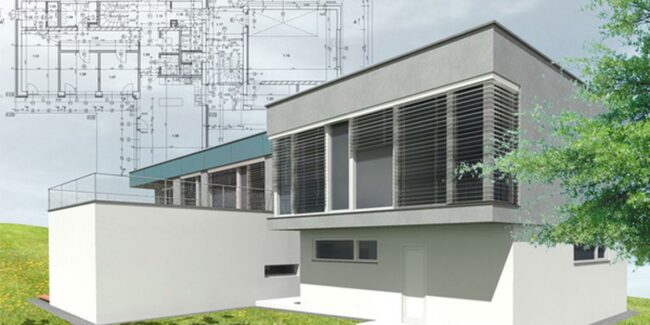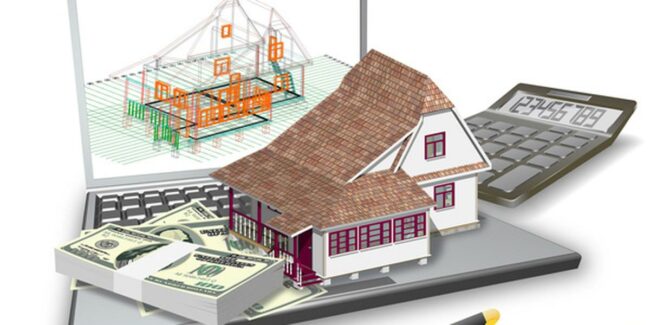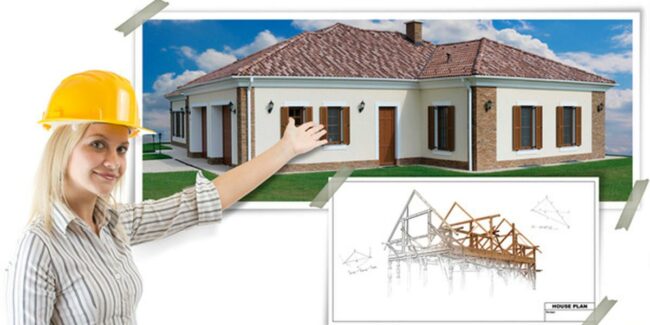10 Key Considerations for Choosing a Home Design
Deciding on a home’s design involves thoughtful consideration of both style and functionality. A good design plan reflects personal taste while meeting practical needs.
Key features, like space layout and light flow, impact daily comfort. Materials and finishes add durability, balancing beauty with longevity.
Each element works together to create a harmonious and welcoming atmosphere. Here are 10 essential points to ponder when designing your ideal home:
Lot Size
Lot size is crucial when it comes to designing your dream home, influencing both the layout and the overall dimensions of your house. Understanding the area allows for thoughtful planning on how each room will function within that space.
The shape of the lot can also guide design choices, maximizing natural light and flow throughout your home. Careful consideration ensures that you create a harmonious environment tailored to meet your lifestyle needs.
By mapping out these elements early in the process, you establish a strong foundation for a well-planned living space that's uniquely yours.
Family Size
Family size plays a crucial role in determining your living space needs. A larger household requires additional bedrooms and more expansive communal areas for gatherings.
Understanding the number of family members helps create an environment where everyone can enjoy their own personal space while still coming together as a unit. Ample room contributes to comfort, allowing each person to thrive within the home setting.
Adequate planning ensures that every member feels valued and at ease in their surroundings, fostering harmony throughout the household.
Budget
Establishing a budget acts as the foundation for all your design choices and construction decisions.
Transparency with designers about your financial limits ensures that they create a plan that aligns with what you can realistically invest.
A clear budget prevents any disappointment later on, saving both time and resources during the building process.
Location
Proximity to natural features, like beaches or hills, significantly influences lifestyle and leisure opportunities.
Additionally, understanding the surrounding environment, whether nestled among other homes or set apart, affects privacy and community dynamics.
A well-considered site can enhance daily living experiences while providing valuable views and access to local amenities.
Your choice of location shapes not just where you live but how you experience each day in your space.
Lifestyle
A family's lifestyle reflects their passions and daily routines. Hosting large gatherings calls for a spacious dining area, allowing everyone to connect over meals.
For those who cherish the outdoors, an inviting gazebo serves as a perfect retreat for relaxation and conversation. Movie enthusiasts benefit from having an entertainment room or home theater, transforming film nights into memorable experiences.
Understanding your family’s unique interests paves the way for creating a tailored living space that truly feels like home while enhancing your everyday life through thoughtful design choices.
Design Style
A design concept is a blueprint that shapes the aesthetic and functionality of your living space.
It's essential to explore various styles, from contemporary minimalism to rustic charm, allowing you to pinpoint what resonates with your vision.
Gathering visual references can provide clarity and direction for your designer, ensuring they understand the ambiance you're aiming for.
Ultimately, this collaboration leads to an exceptional floor plan that reflects both personal taste and practical needs while enhancing daily life within your home.
Material Choices
Selecting materials for your home construction is crucial, as it directly influences both aesthetics and functionality.
Availability plays a significant role; sourcing locally can reduce transportation costs and impact delivery times.
Considering your budget is equally important, as certain materials may exceed initial estimates.
If expenses run high, exploring alternative options that maintain quality without straining finances could be wise.
Required Permits
Permits are essential documents needed for any construction project. They ensure compliance with local regulations and guidelines, promoting safety throughout the building process.
Understanding these requirements not only helps avoid potential fines but also guarantees that your structure meets established standards. Familiarizing yourself with zoning laws and building codes is crucial to a successful build.
Navigating this process correctly protects you from future complications while enhancing the overall integrity of your property. Being proactive about permits lays a strong foundation for your project's success.
Environmental Impact
The environment plays a crucial role in creating sustainable living spaces.
Focusing on outdoor conditions during construction helps protect natural ecosystems and preserve local flora, such as trees that enhance the area’s beauty.
Choosing eco-friendly materials not only reduces your carbon footprint but also promotes healthier living for you and future generations.
Being mindful of environmental impact encourages responsible building practices while contributing to community well-being.
Weather Conditions
Weather plays a crucial role in shaping your living environment, dictating how you prepare and design your home. Understanding the local climate helps ensure that the materials used can withstand whatever elements nature brings.
This foresight contributes significantly to safety and comfort for everyone under your roof. Thoughtful planning is essential; it allows you to navigate various conditions without overlooking vital aspects of home construction.
A well-prepared residence not only protects against severe weather but also enhances overall satisfaction with your space as seasons change around you.


